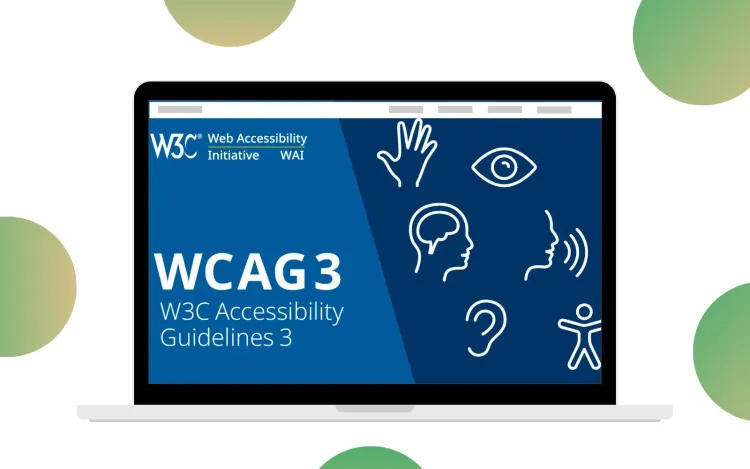Introduction
When Bruce Sexton Jr. encountered Target's inaccessible website in 2006, he confronted a barrier that excluded him from basic commerce. Such a prohibition would have been unthinkable in the physical world yet remained commonplace online. His decision to challenge this discrimination would establish the first major legal precedent for commercial website accessibility in the United States, ultimately transforming how businesses worldwide approach digital inclusion.
Digital accessibility has become legally mandatory across most developed nations, with WCAG (Web Content Accessibility Guidelines) 2.1 Level AA emerging as the global technical standard. From the United States's explosion of ADA lawsuits to Europe's comprehensive regulatory frameworks, web developers face an increasingly complex landscape of accessibility requirements that vary significantly by jurisdiction. This comprehensive analysis reveals that while 191 countries have ratified the UN Convention on the Rights of Persons with Disabilities, actual implementation ranges from robust enforcement with penalties up to €900,000 to complete absence of legislation in many developing countries.
These individual acts of courage demonstrate how civil rights progress in the digital age: through determined advocates who refused to accept exclusion, establishing legal precedents that reshaped the concept of digital inclusion. Their stories illuminate not just personal triumph, but the systematic transformation of how 1 billion people with disabilities worldwide continue to push for access in our digital economy.
North America: Country-by-Country Development of Digital Rights
United States: Litigation-driven transformation
The Target case that launched a revolution
Bruce Sexton Jr.'s experience with Target.com in 2006 exemplified the systematic exclusion that millions of blind Americans faced as commerce moved online. Using JAWS screen reader software (an essential technology for blind users to navigate computers) Sexton encountered a website designed without any consideration for accessibility. Images lacked alternative text descriptions, navigation menus remained invisible to screen readers, and the checkout process proved impossible to complete independently.
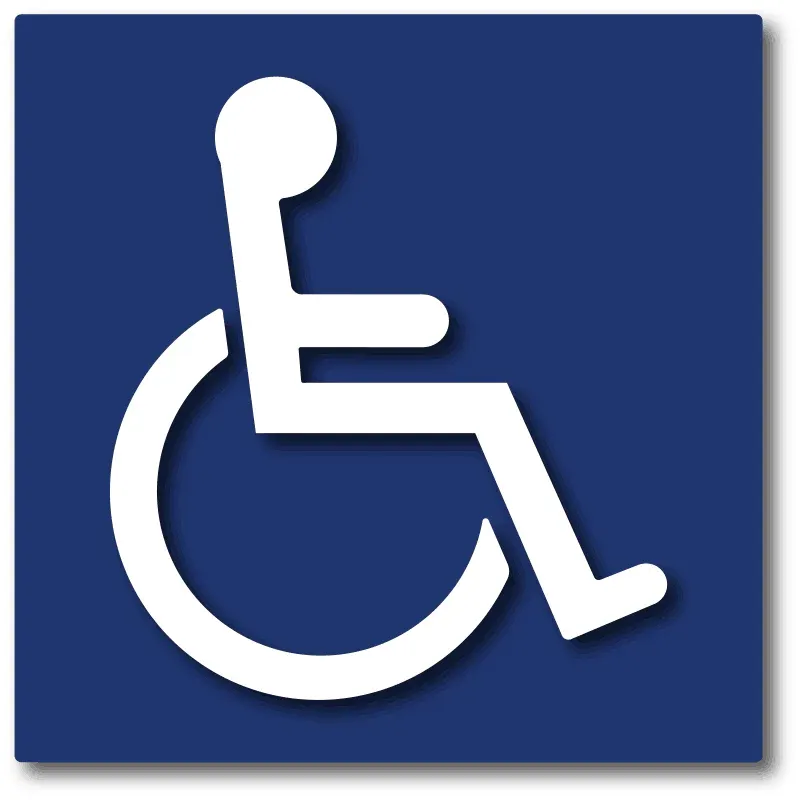
This wasn't merely an inconvenience. For Sexton and millions like him, inaccessible websites represented a new form of segregation. This was direct exclusion from the digital economy that had become essential for full participation in modern life. Joining Sexton as plaintiffs were Melissa Williamson and James P. Marks, each facing similar barriers across Target's digital properties. Together, they challenged one of America's largest retailers in the Northern District Court of California.
The 2008 settlement achieved far more than financial compensation. Target agreed to pay $6 million to affected customers and to redesign their website under the National Federation of the Blind's oversight. Following Target, many corporations across the United States updated their websites to reflect accessibility standards; however, even today there are still thousands of businesses operating with accessible websites, but the Target case has provided an avenue for others like Sexton to pursue justice.
Over 8,800 ADA Title III lawsuits were filed in 2024 alone, with California and New York accounting for the majority of cases. Without explicit federal technical standards for private businesses, U.S. courts have adopted WCAG 2.1 Level AA as the de facto standard. Recent Department of Justice guidance confirms this interpretation, with the April 2024 final rule requiring state and local governments to meet WCAG 2.1 Level AA by April 2026 or 2027, depending on population size.
The six-year pizza war
Guillermo Robles wanted something simple: to order a pizza with extra cheese and pepperoni, just like any other customer. But for this blind California resident, Domino's digital platforms presented an insurmountable barrier. When Robles attempted to use the company's website in 2016, his screen reader software couldn't interpret the visual interface. The mobile app proved equally inaccessible, with unlabeled buttons and images that provided no alternative text descriptions.
Robles's legal team, led by disability rights attorney Joe Manning, argued that Domino's $3 billion in annual revenue came largely through digital ordering systems that excluded blind customers entirely. The company's defense revealed corporate attitudes toward accessibility: Domino's claimed that requiring website accessibility would be "unduly burdensome" and that the ADA didn't apply to digital services since the law predated widespread internet use.
The case's journey through the courts became a six-year marathon of appeals and counter-appeals spanning from 2016 to 2022. The 9th Circuit Court of Appeals ruled in Robles's favor in 2019, stating that the ADA's prohibition of discrimination in places of public accommodation applied to websites that facilitate access to physical locations. When the Supreme Court declined to hear Domino's appeal in 2019, it sent an unmistakable message: the ADA applies to digital services.
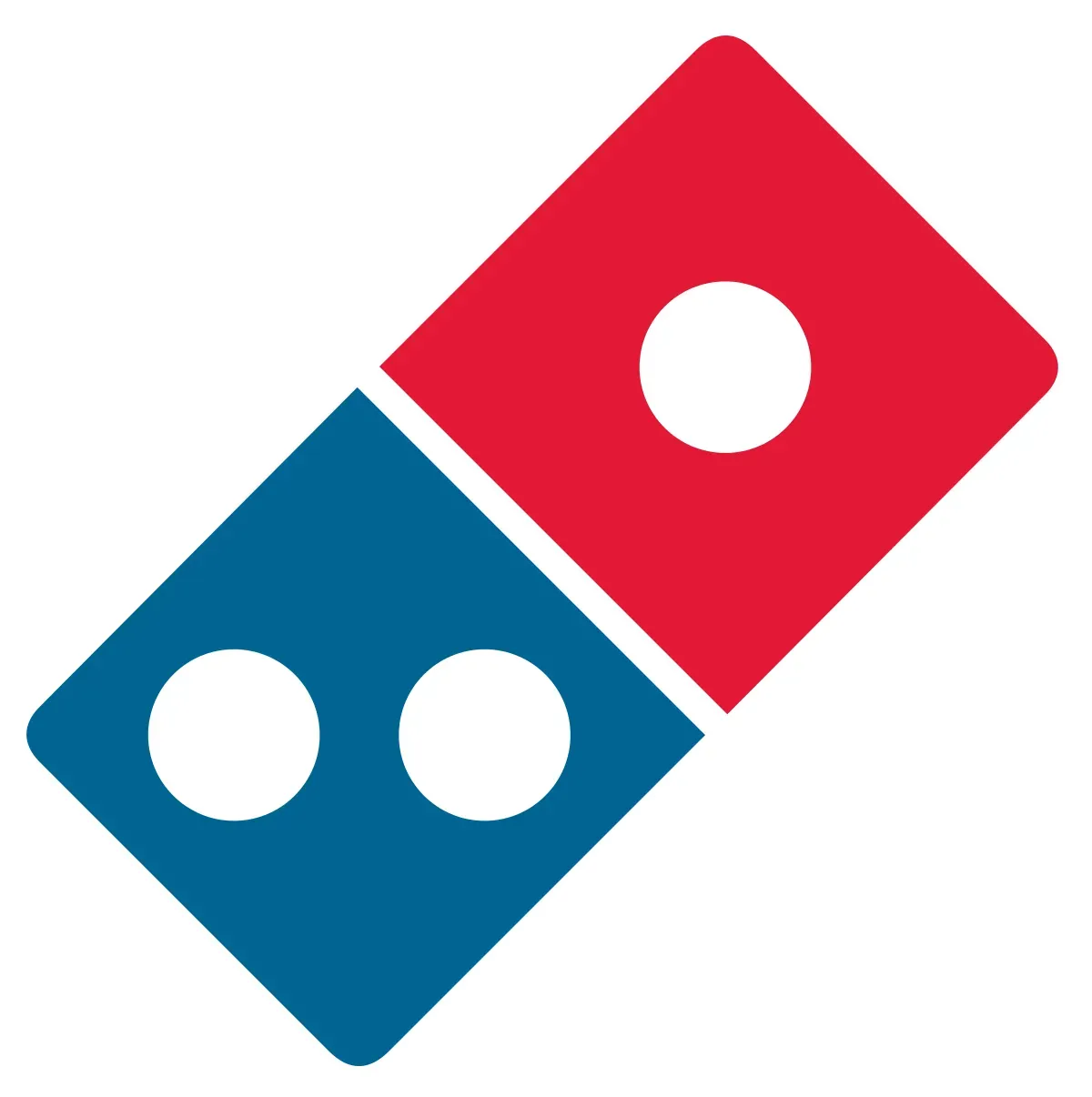
The broader implications rippled through American commerce immediately. Within months of the Supreme Court's decision, companies across industries began receiving demand letters from disability rights attorneys. Small businesses face particular vulnerability, with 77% of accessibility lawsuits targeting companies with less than $25 million in annual revenue. State laws compound the complexity, with California's Unruh Civil Rights Act providing minimum statutory damages of $4,000 per violation and broader coverage than federal ADA protections.
The athlete who refused to be invisible
Juan Carlos Gil embodies the intersection of determination and controversy in modern accessibility advocacy. Born with a degenerative eye condition that left him legally blind, Gil discovered competitive marathon running in his twenties and began competing internationally while using a wheelchair for mobility. His athletic achievements, including completing the Boston Marathon multiple times, stand alongside his legal advocacy, which has generated both admiration and criticism.
Gil's case against Winn-Dixie supermarkets revealed the profound personal stakes behind accessibility litigation. His testimony described the humiliation of waiting over 20 minutes in crowded pharmacy lines for prescription refills that sighted customers could complete privately online within minutes. He detailed the frustration of being unable to access digital coupons that could save money on groceries, forcing him to pay higher prices than other customers. Store locator functions remained unusable, preventing him from finding the nearest pharmacy or determining store hours independently.
The $6 million jury verdict in Gil's favor represented validation of these daily indignities. However, the 11th Circuit Court of Appeals later reversed the decision, ruling that Winn-Dixie's website didn't have sufficient connection to physical store locations to trigger ADA coverage. The reversal highlighted the inconsistent application of accessibility law across federal circuits, casting uncertainty for both businesses and accessibility advocates.
Despite the reversal in judgement, Gil has demonstrated persistence in the face of setback and has undergone 175+ lawsuits, demonstrating the ongoing necessity of private enforcement in America's accessibility framework.
Canada: Constitutional rights and comprehensive legislation
Donna Jodhan possessed extraordinary qualifications for federal employment: an MBA from McGill University, extensive business consulting experience, and a clear passion for success. The only thing she lacked was the ability to navigate the Canadian government's inaccessible job application website independently. Her four-year resulting legal battle culminated in a 2010 Federal Court victory that established digital accessibility as a Charter right for Canadians.
The victory resonated beyond individual remedy. Canada takes a more structured regulatory approach through the Accessible Canada Act (ACA) of 2019, aiming for a barrier-free Canada by January 1, 2040. Penalties can reach up to $250,000 per violation, with enforcement by the Accessibility Commissioner. Provincial laws add additional layers, with Ontario's AODA requiring WCAG 2.0 Level AA compliance since January 2021 and penalties up to $100,000 per day for persistent corporate violations.

Mexico and broader North American context
Mexico has no comprehensive digital accessibility legislation specifically for websites. While the constitution recognizes internet access as a human right and telecommunications law requires WCAG Level AA compliance for that sector, broader web accessibility enforcement remains limited compared to the frameworks in the U.S. and Canada.
Other Central American nations face similar challenges. Guatemala's ratified 2008 disability law includes general ICT provisions but lacks specific technical standards or enforcement mechanisms. Costa Rica's Law 7600 from 1996 provides broad accessibility requirements but predates modern digital accessibility concepts. El Salvador, Honduras, and Nicaragua rely primarily on general disability rights frameworks without specific digital mandates, though all have ratified the UN Convention on the Rights of Persons with Disabilities.
The Caribbean presents mixed progress. Jamaica's Disabilities Act of 2014 includes ICT accessibility provisions referencing international standards, while Trinidad and Tobago's Equal Opportunity Act covers digital services broadly. However, implementation and enforcement remain limited across the region, with most countries lacking the resources for comprehensive accessibility programs.
Europe: Individual Advocacy Shapes Continental Policy
European Union: From personal barriers to comprehensive directives
Katrin Langensiepen made history as the European Parliament's first woman member with a visible disability, yet she faces accessibility barriers in the very institution where she advocates for change. During COVID protocols, she had to stand on her toes to reach microphones, encountered inaccessible podiums regularly, and struggled with heavy fire doors that lack automatic controls. These daily experiences of exclusion continue to fuel her determination to ensure that digital barriers don't replicate the physical obstacles she encounters.

Her advocacy contributed to the European Union establishing the world's most comprehensive regional digital accessibility framework through two key directives. The Web Accessibility Directive (WAD) 2016/2102 requires all public sector websites and mobile applications to meet EN 301 549 standards, which incorporate WCAG 2.1 Level AA. Implementation deadlines passed between 2019 and 2021, with mandatory accessibility statements and regular monitoring now standard across member states.
The European Accessibility Act (EAA) 2019/882 extends requirements to the private sector starting June 28, 2025, covering e-commerce, banking, transport, telecommunications, e-books, computers, and smartphones. This represents a seismic shift in accessibility requirements, with penalties varying by country but reaching as high as €900,000 or 1-10% of annual turnover.
Implementation across member states
Individual EU countries have transposed these directives with varying approaches. Germany's BITV 2.0 and BFSG implementation include penalties up to €100,000 for non-compliance. France's RGAA 4.1.2 extends beyond minimum WAD requirements, mandating compliance for private companies with annual revenue exceeding €250 million. Italy's Stanca Act of 2004 has evolved to cover large private companies, with penalties ranging from €5,000 to €40,000 for EAA violations.
Non-EU European countries maintain alignment with these standards despite independence. The United Kingdom retained EU accessibility regulations post-Brexit, requiring public sector compliance with WCAG 2.1 Level AA. Switzerland's eCH-0059 Version 3.0 aligns with EU standards for trade compatibility, while Norway stands out for covering both public and private sectors since 2013, with proactive monitoring and published compliance reports establishing it as a global accessibility leader.
Asia-Pacific: Tragedy Sparking Transformation
South Korea's tragic catalyst
The digital accessibility movement in South Korea began with tragedy. On January 22, 2001, an elderly couple visiting their son for Lunar New Year fell 23 feet when a wheelchair lift malfunctioned at Seoul's Oido Station. The mother died; the father suffered severe injuries. Park Kyoung-seok, co-director of Solidarity Against Disability Discrimination, led protesters onto Seoul Station railway tracks two weeks later, declaring: "We won't stand for another death. Guarantee our right to mobility!"
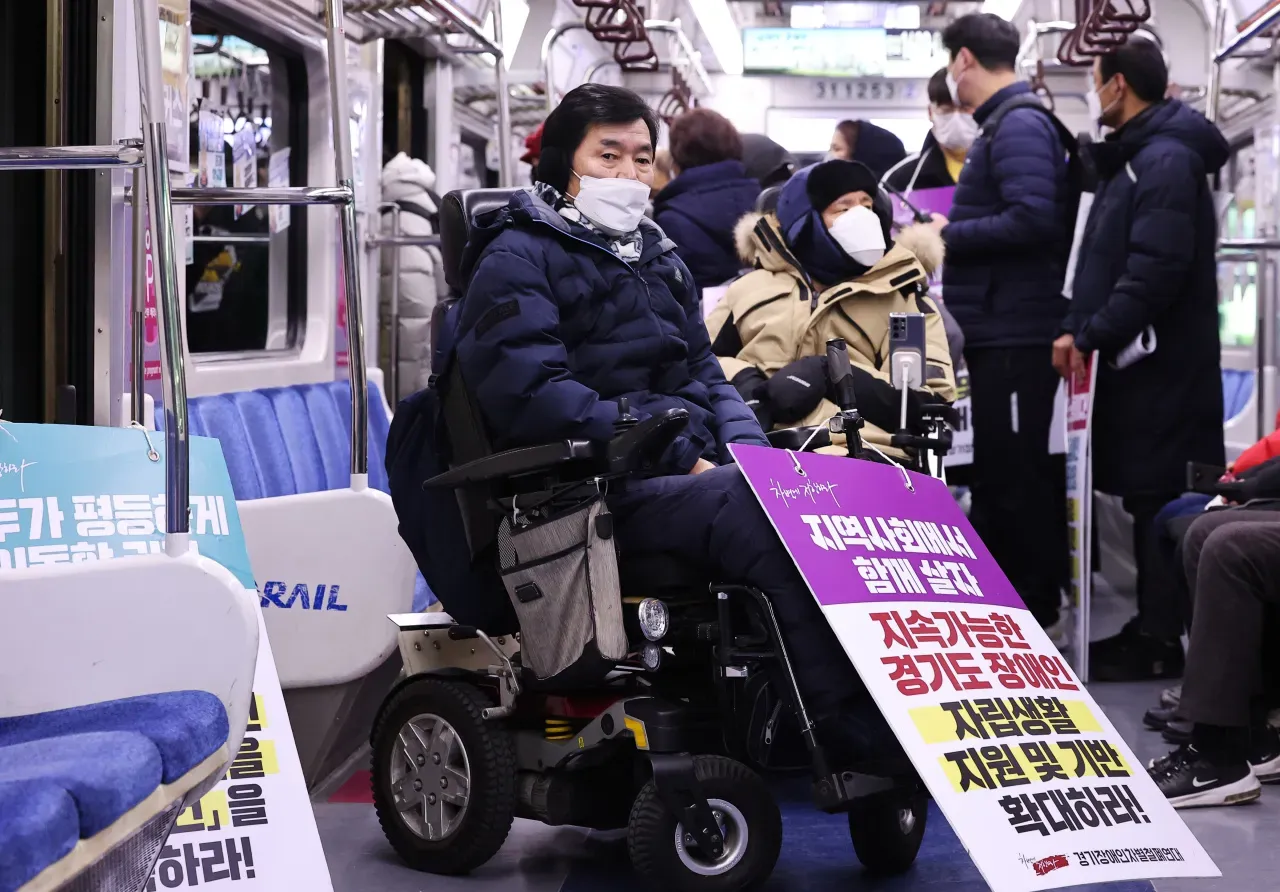
This mobilization contributed to South Korea's Anti-Discrimination Act of 2008, which also established comprehensive digital accessibility requirements. The Korean Web Content Accessibility Guidelines (KWCAG) 2.1 require Level A compliance, with the National Human Rights Commission handling complaints and penalties up to 5 million won for accessibility violations.
Australia's Olympic precedent
Bruce Lindsay Maguire simply wanted to attend the Olympics in his hometown. Born completely blind, this small business owner from Baulkham Hills faced a seemingly insurmountable obstacle when the Sydney Organizing Committee refused his request for accessible ticket information.
After an extensive legal battle, Commissioner William Carter QC ruled that SOCOG must provide accessible information and awarded Maguire $20,000 in damages, establishing the world's first binding legal precedent that websites must comply with disability discrimination law.
Graeme Innes, former Australian Disability Discrimination Commissioner, continues this legacy of persistent advocacy. His victories against RailCorp (inaccessible train announcements), Queensland Health (inaccessible website documents), and Commonwealth Bank (EFTPOS accessibility settlement) demonstrate that sustained advocacy creates cumulative change. Australia's Disability Discrimination Act 1992, interpreted to include digital services following the 2000 Sydney Olympics case, requires both public and private sectors to meet accessibility standards.
Diverse regional implementation
The Asia-Pacific region demonstrates the widest variation in digital accessibility standards globally. Japan's JIS X 8341-3:2016 aligns with WCAG 2.0 Level AA but applies mandatorily only to government agencies, with private sector compliance encouraged but not required. Penalties remain minimal at approximately ¥200,000 (about $1,700 USD) for false claims or non-reporting.
China's situation is more complex, with GB/T 37668-2019 referencing WCAG standards but remains a recommendation rather than mandatory standard. India's Rights of Persons with Disabilities Act 2016 expanded disability categories from 7 to 21 and mandates WCAG 2.1 Level AA compliance for government websites through GIGW 3.0 guidelines. Penalties range from 10,000 rupees for first offenses and up to 500,000 rupees for subsequent violations.
Singapore requires government compliance through its Digital Service Standard but hasn't mandated private sector accessibility. New Zealand became one of the first countries to adopt WCAG as an official requirement in 2010, with Web Accessibility Standard 1.2, and subsequently requiring WCAG 2.2 Level AA compliance as of March 2025.
Southeast Asian countries generally lack comprehensive standards, with Malaysia's MS 2541:2013 and the Philippines' adoption of ISO/IEC 40500:2012 representing exceptions. Vietnam's digital transformation program aims for 100% online administrative procedures, but accessibility assessments show no government portals currently meet basic criteria for visually impaired users.
Latin America: Frameworks with Implementation Gaps
Brazil leads Latin American digital accessibility efforts through Lei Brasileira de Inclusão (LBI) Law 13.146/2015, which mandates accessibility for both public and private sector digital properties covering 45 million citizens with disabilities. The law incorporates eMAG standards for government and requires WCAG 2.0 Level AA compliance, with courts able to order compliance and impose financial penalties. However, less than 1% of Brazil's 20 million websites comply, illustrating the gap between legislation and implementation.
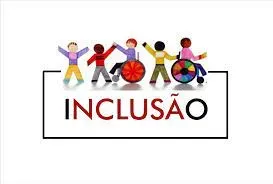
Argentina's Law 26.653 from 2010 established web accessibility requirements for national government entities, with the 2019 update through Disposición ONTI 6/2019 raising standards to WCAG 2.0 Level AA with a specific scoring system requiring 20 criteria compliance in the first year and 30 criteria ongoing.
Colombia's Resolution 1519 of 2020 establishes online information publication standards based on NTC 5854, equivalent to WCAG 2.0. Chile's DS 1/2015 applies only to public sector websites, while Peru's Law 29973 provides a comprehensive disability rights framework that includes ICT accessibility provisions. Uruguay's recent Decree 406/2022 mandates digital service accessibility referencing WCAG 2.1, while Ecuador's INEN-ISO/IEC 40500 requires public service websites to achieve WCAG 2.0 Level A by 2018 and Level AA by 2020.
Most other Latin American countries rely on general disability rights laws without specific digital accessibility mandates. They typically follow international standards when implementing accessibility measures, but without enforcement mechanisms or specific technical requirements.
Africa: Continental Framework Emerges
The African Union's Protocol on the Rights of Persons with Disabilities came into force in May 2024, with Articles 23 and 24 requiring states to facilitate ICT access through accessible formats. Fifteen countries have ratified the protocol, providing a continental framework for digital accessibility development. The AU Digital Transformation Strategy 2020-2030 emphasizes digital inclusion, though specific technical standards remain under development.
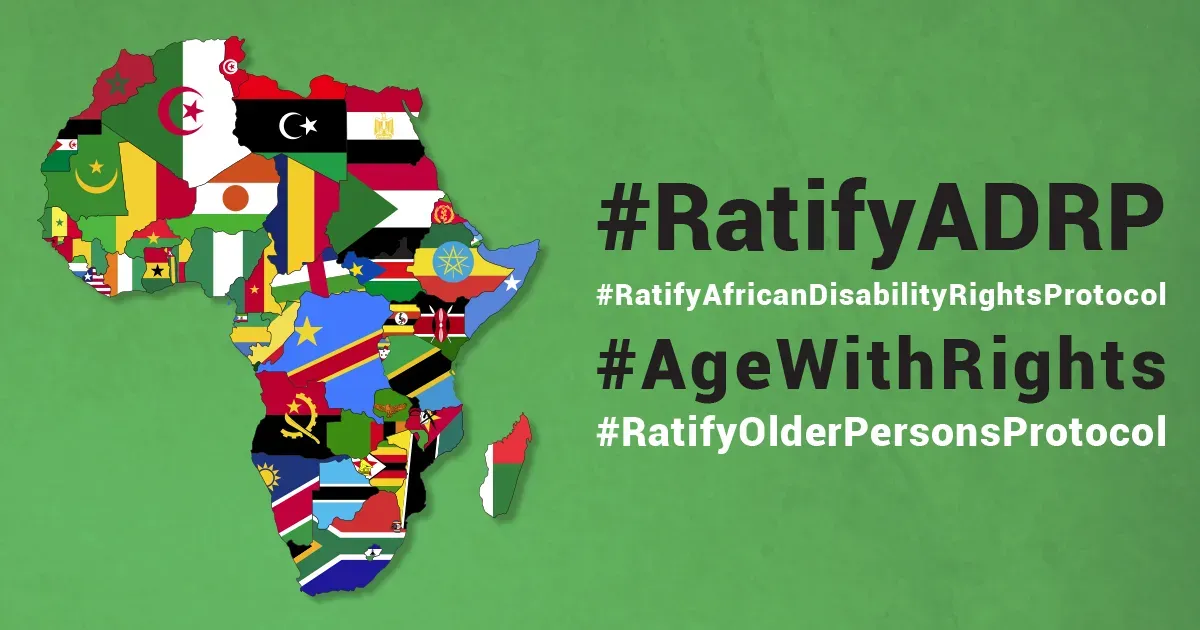
Kenya leads continental progress as the first African country to develop comprehensive digital accessibility standards through KS 2952-1:2022, based on WCAG guidelines. Implementation is led by the Kenya Bureau of Standards and inABLE through a 5-year framework. South Africa requires government websites to meet WCAG 2.1 Level A minimum, though comprehensive standards beyond government requirements remain limited.
Nigeria's Discrimination Against Persons with Disabilities Act 2018 provides a strong legal foundation, but specific technical standards for digital accessibility haven't been developed. Egypt's Law No. 10 of 2018 establishes disability rights with executive regulations, though specific web accessibility requirements aren't clearly defined. Morocco's Digital Morocco 2030 Strategy emphasizes digital inclusion, but research shows significant accessibility barriers persist on government websites.
Middle East: Leading Innovation and Persistent Gaps
Israel established the region's most comprehensive framework through IS 5568, effective October 2017, requiring WCAG 2.0 Level AA compliance for all public and private organizations serving the general public. The law includes unusual provisions: plaintiffs can receive up to 50,000 NIS in statutory damages without proof of actual harm, don't need to have a disability themselves, and must only provide 60-day notice before lawsuits to encourage voluntary compliance.
The United Arab Emirates recently implemented a National Digital Accessibility Policy covering websites, mobile applications, and digital interfaces. Based on WCAG 2.1 Level AA standards, the policy establishes seven fundamental provisions for digital accessibility with a principle of "No decisions about accessibility without involving people with disabilities." Qatar's National e-Accessibility Policy from 2011 resulted in the country ranking #1 globally in the G3ict DARE Index 2020.
Saudi Arabia requires government websites to follow WCAG 2.1 standards through Digital Government Authority Guidelines, though no enforcement law exists for the private sector. Jordan's Law No. 20 of 2017 mandates accessible websites per international standards for public entities, while Kuwait's Law No. 8/2010 provides general disability rights without specific digital provisions. Research shows only 12% of Kuwaiti ICT professionals know how to make technology accessible.
Countries affected by conflict or political instability, including Iraq, Syria, Yemen, and Iran, lack comprehensive digital accessibility frameworks, while Turkey's Disability Act No. 5378 doesn't include specific web accessibility requirements.
International Frameworks and Future Trends
The UN Convention on the Rights of Persons with Disabilities (CRPD), ratified by 191 countries, provides the foundational international framework for digital accessibility rights. Article 9 mandates equal access to information and communications technologies, though implementation varies dramatically by country.
WCAG standards have achieved global adoption as the technical foundation for accessibility compliance. WCAG 2.2, published October 2023, added 9 new success criteria addressing touchscreen devices and cognitive disabilities. Development of WCAG 3.0 continues with an expected completion between 2025-2028, introducing a revolutionary approach with Bronze, Silver, and Gold conformance levels replacing the current A, AA, AAA system and focusing on user outcomes rather than technical compliance.
The COVID-19 pandemic significantly impacted global accessibility adoption, with 83% of accessibility professionals reporting increased importance of digital channels. However, this awareness hasn't always translated to resources, with 24% experiencing budget decreases despite increased demand.
The Continuing Revolution
The global trajectory points toward increased harmonization around WCAG-based standards, with WCAG 3.0's development representing a fundamental shift toward outcome-based accessibility. Market drivers including ESG considerations, competitive differentiation, and the significant purchasing power of the disability community will likely accelerate voluntary adoption alongside regulatory requirements.
Technological advancement presents both opportunities and challenges. AI-powered accessibility tools promise automated alt text generation and real-time captioning, while voice interfaces and IoT devices require new accessibility paradigms. Blockchain and Web3 technologies must build in accessibility from inception to avoid retrofitting costs that plague current web infrastructure.
For web developers, the message is clear:** proactive WCAG 2.1 Level AA implementation represents the minimum viable approach for global compliance.** Organizations should implement accessibility from project inception, establish clear accountability structures, provide regular team training, and create user feedback mechanisms.
These stories reveal consistent patterns across cultures and legal systems: personal exclusion sparking legal challenges that establish precedents influencing broader legislation. The Target settlement didn't merely help Bruce Sexton purchase products online; it signaled to every American business that digital accessibility carried legal consequences. Bruce Maguire's Olympic victory influenced accessibility policies far beyond sports ticketing. Donna Jodhan's constitutional case contributed to Canada's most comprehensive accessibility legislation.
The revolution continues through individuals who refuse to accept digital exclusion. As Carla Qualtrough declared to Canada's Parliament: "The time to do things differently... has come." That transformation arrived because people like Bruce Sexton, Donna Jodhan, and Bruce Maguire insisted that digital participation constitutes a fundamental right, not a privilege contingent on ability.
Their legacy extends beyond accessible websites or legal compliance. They created a digital world where disability doesn't determine participation, where accessibility improvements enhance usability for all users, and where technological advancement serves human dignity, rather than creating new barriers. The work continues, led by those who understand that true accessibility requires both technical capability and unwavering commitment to inclusion.
Works Cited
ADA Southeast. "National Federation of the Blind v. Target Corporation." Southeast ADA Center, 2025, adasoutheast.org/legal/court/national-federation-of-the-blind-v-target-corporation-2/.
AXSChat. "AXSChat with Katrin Langensiepen, Member of the European Parliament." AXSChat, 2025, www.axschat.com/axschat-with-katrin-langensiepen-member-of-the-european-parliament-mep-greens-efa-group-germany/.
Baker Law. "Jodhan v Canada - 10 Years Later." Canadian Disability & Human Rights Law, 2025, bakerlaw.ca/legal-issues/charter-of-rights/jodhan-v-canada-10-years-later/.
CNBC. "Supreme Court hands victory to blind man who sued Domino's over site accessibility." CNBC, 7 Oct. 2019, www.cnbc.com/2019/10/07/dominos-supreme-court.html.
Deque Systems. "FAQ: Winn-Dixie ADA Appeal Decision (2021)." Deque, 2025, www.deque.com/blog/7-accessibility-questions-winn-dixie-ada-appeal-decision/.
Deque Systems. "What Your Organization Needs to Navigate Canada Digital Accessibility Laws." Deque, 2025, www.deque.com/blog/canada-digital-accessiblity-laws/.
Disability Rights Advocates. "National Federation of the Blind (NFB), et al. v. Target Corporation." DRA Legal, 2025, dralegal.org/case/national-federation-of-the-blind-nfb-et-al-v-target-corporation/.
European Disability Forum. "MEP Katrin Langensiepen." European Disability Forum, 2025, www.edf-feph.org/testimonials/mep-katrin-langensiepen/.
Independent Living. "Sydney Olympics 2000 Website Accessibility Decision: Bruce Lindsay Maguire vs Sydney Organising Committee for the Olympic Games." Independent Living, 2025, www.independentliving.org/docs5/sydney-olympics-blind-accessibility-decision.html.
Law Office of Lainey Feingold. "Structured Negotiation | Disability Rights." Lainey Feingold, 2025, www.lflegal.com/.
National Federation of the Blind. "Marc Maurer." National Federation of the Blind, 2025, nfb.org/about-us/leadership/presidents-corner/past-presidents/marc-maurer.
Open Parliament. "Carla Qualtrough, 'Accessible Canada Act' on May 28th, 2019." Open Parliament, 2025, openparliament.ca/debates/2019/5/28/carla-qualtrough-1/.
The Nation. "Wheelchair Users Block the Seoul Subway as the Right Takes Power." The Nation, 2025, www.thenation.com/article/world/korea-disability-protest/.
U.S. Department of Justice. "Fact Sheet: New Rule on the Accessibility of Web Content and Mobile Apps Provided by State and Local Governments." ADA.gov, 2024, www.ada.gov/resources/2024-03-08-web-rule/.
World Wide Web Consortium. "Web Content Accessibility Guidelines (WCAG) 2.2." W3C, 2023, www.w3.org/WAI/standards-guidelines/wcag/.
Weekly Insights
Get actionable web development tips that actually work. No fluff, just proven strategies.
Join 5,000+ developers and business owners worldwide
Weekly insights • No spam • Unsubscribe anytime

Jackson White
Content Creator
Jackson is the founder and lead developer at Launch Turtle, bringing over 4 years of technical expertise to help small and mid-sized businesses establish powerful online presences. Let's Launch!
